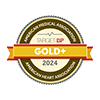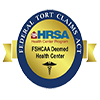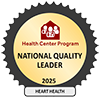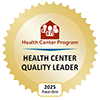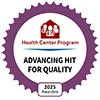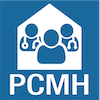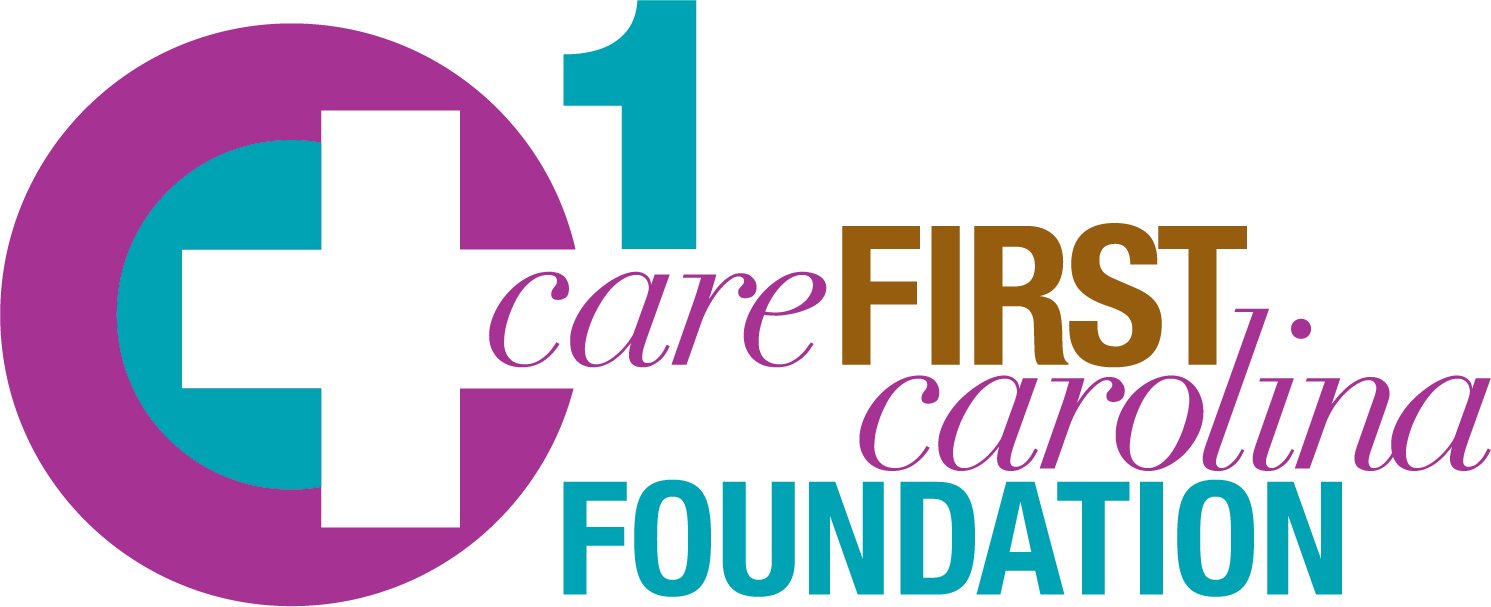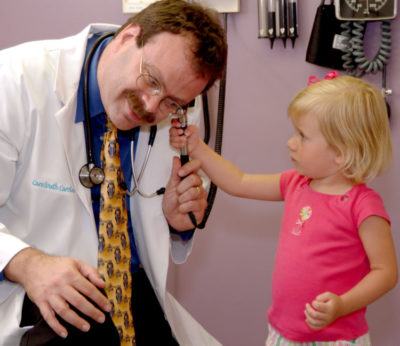
Caring for Someone Sick
The CDC estimates that so far this season there have been at least 26 million flu illnesses, 250,000 hospitalizations and 14,000 deaths from flu.
Flu is a contagious respiratory illness caused by influenza viruses that infect the nose, throat, and sometimes the lungs. It can cause mild to severe illness, and at times can lead to death. The best way to prevent flu is by getting a flu vaccine each year.
Steps to take if you get the flu
(According to the Centers for Disease Control and Prevention)
- If you get very sick, are pregnant, or are 65 years or older, or are otherwise at high risk of flu-related complications, call your doctor. You might need antiviral drugs to treat flu.
- Stay at home and rest.
- Avoid close contact with well people in your house so you won’t make them sick.
- Drink plenty of water and other clear liquids to prevent fluid loss (dehydration).
When caring for people who have the flu:
- Avoid being face to face with the sick person. If possible, it is best to spend the least amount of time in close contact with a sick person.
- When holding sick children, place their chin on your shoulder so they will not cough in your face.
- Wash your hands often and right way.
- If soap and water are not available, use an alcohol-based hand rub.
- Make sure to wash your hands after touching the sick person. Wash after handling their tissues or laundry.
Get immediate medical care if the sick person experiences:
In children
- Fast breathing or trouble breathing
- Bluish lips or face
- Ribs pulling in with each breath
- Chest pain
- Severe muscle pain (child refuses to walk)
- Dehydration (no urine for 8 hours, dry mouth, no tears when crying)
- Not alert or interacting when awake
- Seizures
- Fever above 104°F
- In children less than 12 weeks, any fever
- Fever or cough that improves but then returns or worsen
- Worsening of chronic medical conditions
In adults
- Difficulty breathing or shortness of breath
- Persistent pain or pressure in the chest or abdomen
- Persistent dizziness, confusion, inability to arouse
- Seizures
- Not urinating
- Severe muscle pain
- Severe weakness or unsteadiness
- Fever or cough that improves but then returns or worsen
- Worsening of chronic medical conditions
These lists are not all-inclusive. Please consult your medical provider for any other symptom that is severe or concerning.






